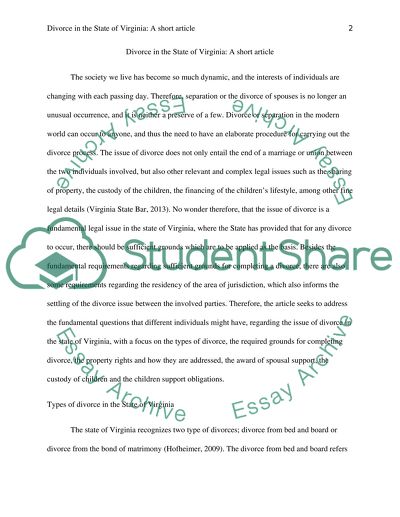Cite this document
(“LSTD303 Paper Essay Example | Topics and Well Written Essays - 2000 words”, n.d.)
LSTD303 Paper Essay Example | Topics and Well Written Essays - 2000 words. Retrieved from https://studentshare.org/law/1476571-lstd303-paper
LSTD303 Paper Essay Example | Topics and Well Written Essays - 2000 words. Retrieved from https://studentshare.org/law/1476571-lstd303-paper
(LSTD303 Paper Essay Example | Topics and Well Written Essays - 2000 Words)
LSTD303 Paper Essay Example | Topics and Well Written Essays - 2000 Words. https://studentshare.org/law/1476571-lstd303-paper.
LSTD303 Paper Essay Example | Topics and Well Written Essays - 2000 Words. https://studentshare.org/law/1476571-lstd303-paper.
“LSTD303 Paper Essay Example | Topics and Well Written Essays - 2000 Words”, n.d. https://studentshare.org/law/1476571-lstd303-paper.


